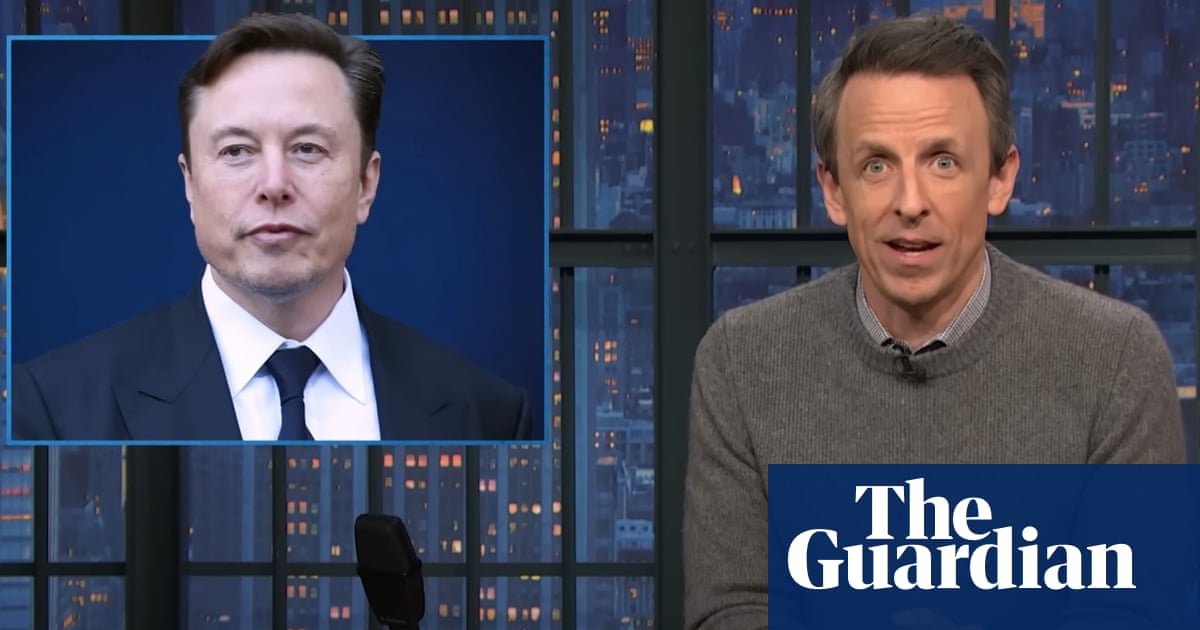Republican leaders across the country are embracing DOGE. But they want to make sure their states aren’t harmed by Elon Musk and President Donald Trump’s cutting spree.
Republicans in the states are eager to embrace the cuts that are rocking Washington and are establishing efficiency groups of their own. But they’re also aware that federal money has long filled state coffers, and an abrupt reversal could send state budgets into a tailspin. They hope state-level DOGEs will serve two purposes: examining their own budgets, and also preventing cuts in Washington from decimating state programs that rely on federal dollars.
Oklahoma Gov. Kevin Stitt told POLITICO that he was inspired by Trump and Musk’s work at the federal level, and he took the initiative to offer assistance to DOGE.
“We knew that they're going to need some help from the states,” said Stitt, who on Monday established DOGE-OK. “When they're trying to cut $2 trillion out of the federal spending … a lot of money from the feds goes to the states.”
Stitt added that governors can advise DOGE on where cuts can be most effective where state aid is concerned.
“Instead of just across the board cutting, we thought, man, they need some help from the governors to say, ‘We can be more efficient in this area or this area, or if you allow block grants in this area, you can reduce our expenditures by 10 percent.’ And so that's our goal,” he said.
Oklahoma is one of several states that have set up their own versions of government efficiency commissions since Trump was elected. But already, Trump and Musk’s push has threatened state ledgers, which are tighter than at any time since Congress sent gushers of federal pandemic cash to states.
Louisiana Gov. Jeff Landry, a Republican and strong Trump backer, expressed support with other Louisiana state leaders for Trump’s since-frozen executive order last month that paused federal grants across the government. But he asked the Office of Management and Budget to “develop a responsible runway to untangle” the state from “unnecessary and egregious policies without jeopardizing the financial stability of the state.”
Still, state Republicans are eager to follow Musk and Trump’s lead. Landry launched a DOGE-like program before Trump was even inaugurated. North Carolina House Speaker Destin Hall announced the formation of an interim House Select Committee on Government Efficiency last month. The committee will examine “DEI policies, excess state property and other potential waste of taxpayer dollars,” Hall said in a statement.
In Texas, Republican Lt. Gov. Dan Patrick expressed support for the state House’s plans to form their own, 13-member Delivery of Government Efficiency. New Hampshire Gov. Kelly Ayotte’s first executive order established a Commission on Government Efficiency — or COGE. Lawmakers in Iowa, Kansas and Missouri have also recently made moves to develop their own DOGE-inspired government efficiency organizations.
These committees will help public officials receive input from constituents, as well as government employees, about what should be cut and what should stay, according to Amanda Nedweski, a Republican member of the Wisconsin state Assembly who chairs the Government Oversight, Accountability and Transparency Committee — otherwise known as GOAT.
“We will be taking feedback from the private sector,” Nedweski told POLITICO. “But also we are relying on state agencies and state agency employees to bring us their concerns and to work together with them on this.”
She agreed with Oklahoma Gov. Stitt about the need for states to be prepared for cuts at the federal level that could impact their budgets. And she noted the state Legislature would be willing to work with Wisconsin’s Democratic Gov. Tony Evers on them — even though Democratic governors have been raising alarms about Trump's moves.
“We’re not the executive, we can only make those suggestions in terms of federal dollars coming into our state,” she said. “If the governor wants to work with us on communicating with the federal government on the best places where we could make changes … we would love to work with our governor on that, and we’ll definitely be making recommendations.”
At the state executive level, Stitt is looking forward to more collaboration from Republican and Democratic governors on efficiency. Stitt, who is vice chair of the National Governors Association, anticipates government cost-cutting will be a major topic in the group’s meeting in D.C. this month.
“Some of the blue state governors may have a different perspective,” said Stitt. “But we all, generally, want to be efficient with taxpayer dollars. They may have different priorities on how to spend that money. … There’s a lot of good ideas, but all I’m telling them is your limit has got to be revenue.”

 German (DE)
German (DE)  English (US)
English (US)  Spanish (ES)
Spanish (ES)  French (FR)
French (FR)  Hindi (IN)
Hindi (IN)  Italian (IT)
Italian (IT)  Russian (RU)
Russian (RU) 























Comments